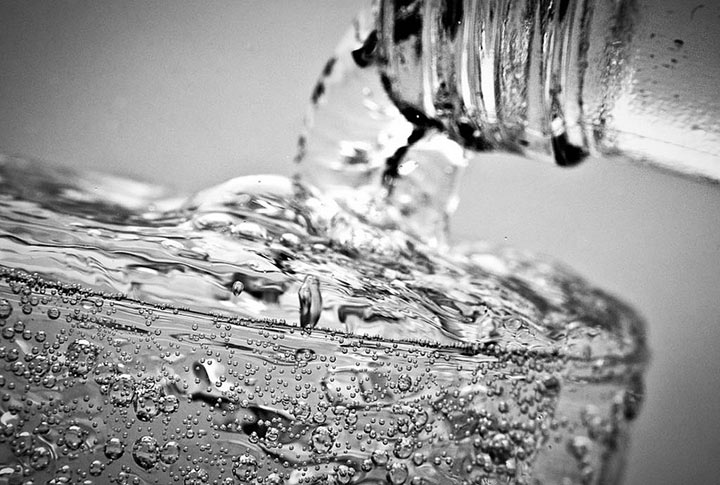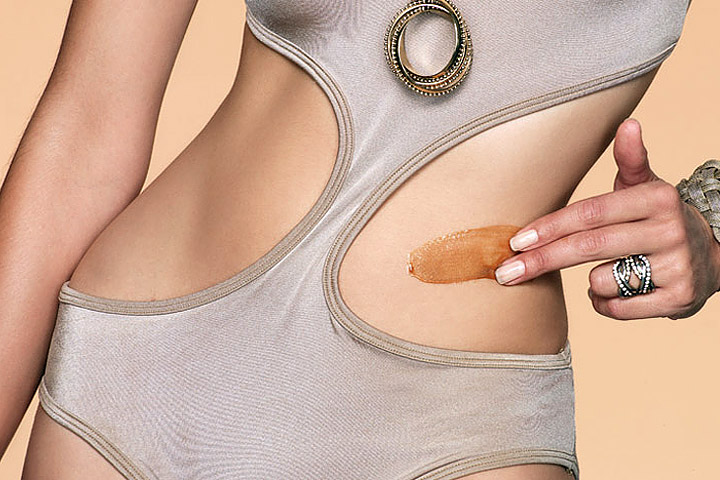
Bubbly Water Myths
Tons of plain-H2O haters are getting fizzy with it, but rumors abound that carbonated waters could harm your health. We investigated—and the truth is quite refreshing.
The Rumor: Bubbly’s Not as Hydrating as Flat
Last we checked, sparkling water was still wet. Its buzz comes from carbon dioxide, which does deliver that telltale bite—but doesn’t prevent your body from absorbing moisture, says Susan Yeargin, Ph.D., a hydration expert at the University of South Carolina. In fact, one study found that after an intense workout, carbonated water replaced participants’ fluids just as well as still.
The Rumor: It’s Bad for Your Teeth and Bones
Carbonic acid, formed when H2O meets C02, may erode tooth enamel in very high concentrations, but despite what you’ve seen on your Facebook feed, relax: As long as you don’t down a six-pack per day (and your seltzer’s not loaded with acidic fruit juice or cavity-causing sugar), your smile’s safe, says Timothy Chase, a dentist in New York City. And in a study that looked at whether bubbly bevs are linked to lower bone-mineral density in women, all types of sparkling water got the all-clear.
The Rumor: Sipping Adds Inches
It’s true that gulping down so many mini air pockets may be temporarilybloating—but that’s a good thing for your scale in the long run. Seriously: Researchers found that carbonated water may be significantly more filling than still, especially on an empty stomach. And the fuller you feel, the less likely you’ll be to succumb to mindless munching. Just avoid versions loaded with artificial sweeteners, which may actually ramp up sugar cravings.
The Rumor: It Gives You Heartburn
Researchers have debunked the idea that chugging effervescent water can cause acid reflux. That said, if you’re already prone to heartburn (blurg!), you might want to stick with the plain stuff, especially with meals. Evidence suggests that bubbles may aggravate preexisting reflux issues by relaxing the lower opening of the esophagus, making it easier for acid to creep up your gullet, says Melina Jampolis, M.D., author of The Doctor on Demand Diet




Leave a Reply